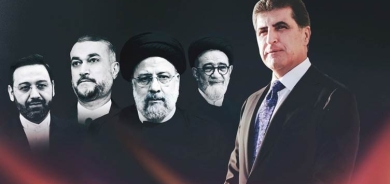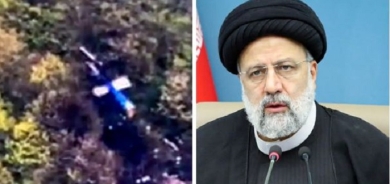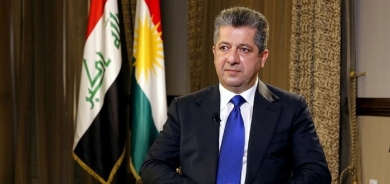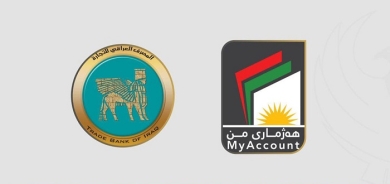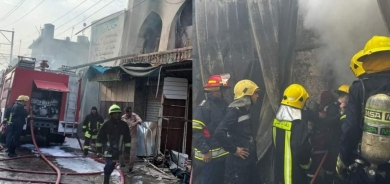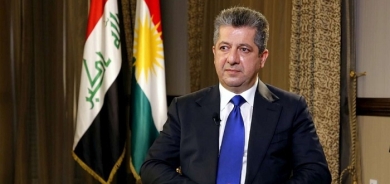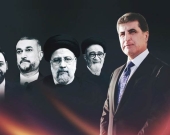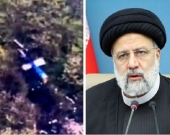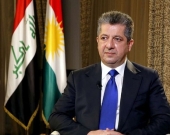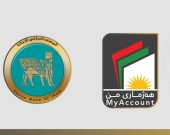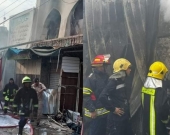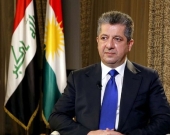Welcome to Erbil, Tourism Boom Town
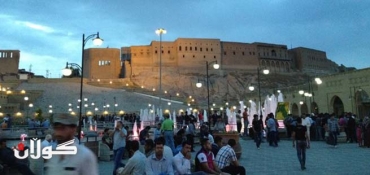
Erbil, the capital of Iraqi Kurdistan, already plays host to tourists from the Arab world, not least Iraqi Arabs, who come north to escape the heat, and the violence, elsewhere in the country.
Erbil has boomed in the decade since the 2003 U.S. invasion of Iraq ended the regime of President Saddam Hussein. Resorts and upscale housing developments have sprawled out across the once-empty plain between the city and mountains to the north. Erbil now boasts half a dozen world-class hotels, with prices to match, as well as luxury car showrooms, designer stores and Western-style fast food outlets.
To win the Tourism Capital designation from the Arab Council of Tourism, authorities in the Kurdish autonomous zone promised to host a range of activities, from winter ice-skating to an international marathon and a beauty contest, to entertain an anticipated 3 million visitors in 2014.
With the help of international experts, authorities are restoring the ancient walled citadel that dominates the center of the city and has revealed evidence of human occupation dating back 8,000 years.
Still, it might seem an odd place to plan a holiday.
Shia and Sunni neighbors to the south are on the brink of what could be a new civil war, a resurgent Al Qaeda is operating in neighboring Kirkuk province, and armed fighters of Turkey’s Kurdistan Workers Party are preparing to move into the Iraqi Kurdistan mountains as part of a peace deal with Ankara.
On Kurdistan’s northwestern border, refugees are spilling across to seek sanctuary from the conflict in Syria.
The autonomous region nevertheless enjoys a high degree of calm and security, thanks to its own peshmerga army that mans the frontiers of the territory, and which in recent weeks deployed southward to secure areas of Sunni-Shiite tension.
Erbil is now home to a growing expatriate community of investment consultants, oil executives and language trainers – for younger Kurds, English is now the second language of choice rather than Arabic.
The city itself, despite its rapid Dubai-ization, has limited appeal. Standing on a featureless and somewhat dusty plain, it has more in common with the hot flatlands to the south than with the snow-capped landscape more typically associated with Kurdistan.
Little over 10 miles to the north, however, the road along which Kurds once retreated to escape the forces of Saddam Hussein winds steeply to an escarpment and then on to the mountains.
Heading toward the Zagros range that marks the border with Iran, it is a spring landscape of green hills, wild grasses and poppies, and traditional hill resorts such as the town of Shaqlawa that are rapidly expanding to meet a growing tourist boom.
Further along the road, built for the British between 1928-32 by Archibald Hamilton, a New Zealand engineer, leads through a dramatic gorge to the waterfall of Gali Ali Beg. An Austrian-built cable car is among the modern attractions.
The Kurds were once Iraq’s most despised community. As non-Arabs prone to rebellion, they faced periodic onslaughts by the previous Baghdad regime, including the Anfal campaign that followed the end of the Iran-Iraq war.
Kurds were driven from their homes and tens of thousands were killed as villages were destroyed and chemical weapons were used against them.
Now the autonomous region is an island of stability in a sea of troubles, and its politicians are increasingly important players in the turmoil afflicting the surrounding region.
Erbil’s designation as Arab Capital of Tourism will, the authorities hope, be a further opportunity to promote Kurdistan’s culture and newfound influence to a wider world.
Editor’s Note: Harvey Morris is the co-author of “No Friends but the Mountains: The Tragic History of the Kurds.”
Nytimes By HARVEY MORRIS

